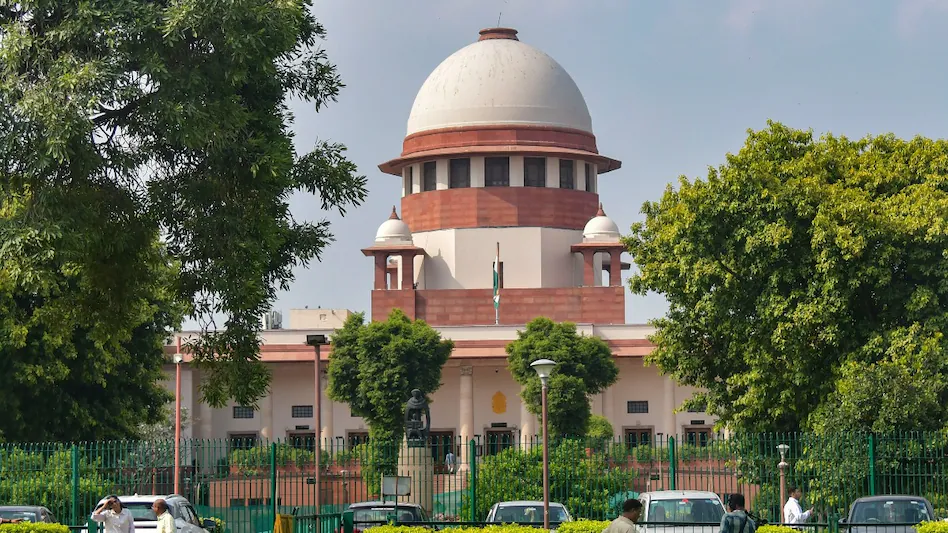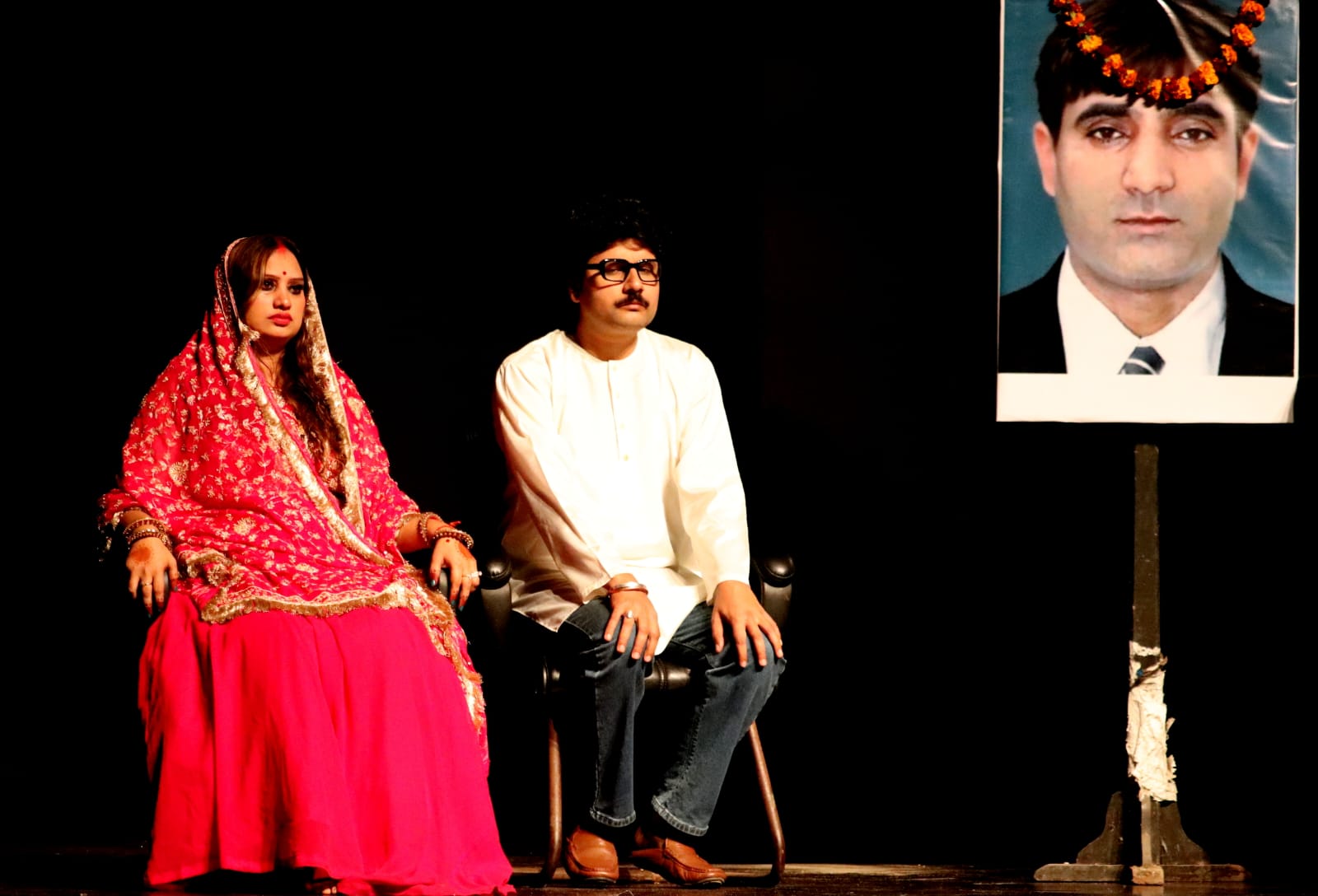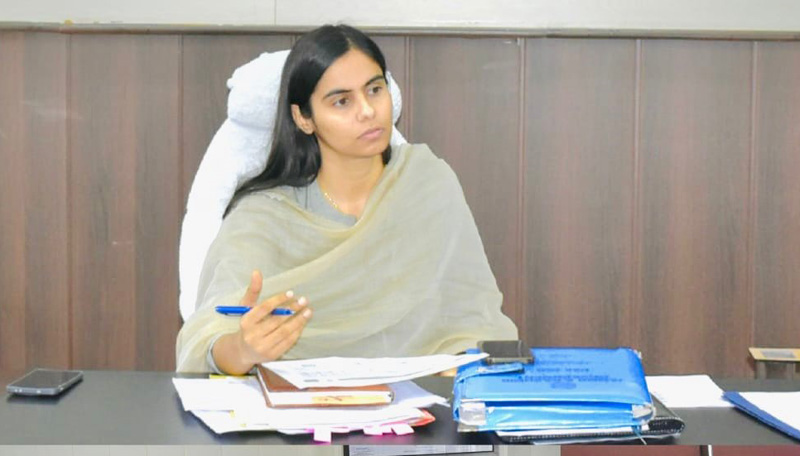Supreme Court Begins Hearing on Slow Career Progression of Civil Judges Across India
New Delhi: The Supreme Court on Tuesday began hearing a long-pending matter concerning the slow career progression of entry-level judicial officers, aiming to establish uniform, nationwide criteria for determining seniority within the higher district judicial services.
A five-judge Constitution Bench led by Chief Justice B.R. Gavai observed that in many states, civil judges rarely rise to the rank of principal district judge (PDJ), let alone become high court judges — a situation that has discouraged many capable young lawyers from joining the judiciary at the entry level.
On October 14, the bench — also comprising Justices Surya Kant, Vikram Nath, K. Vinod Chandran, and Joymalya Bagchi — framed the central question: “What should be the criteria for determining seniority in the cadre of higher judicial services?” It also clarified that related or ancillary issues could be examined during the proceedings.
The case stems from a plea filed in 1989 by the All India Judges Association (AIJA), which sought uniformity in pay scales, service conditions, and promotional avenues for judicial officers across the country. Over the decades, several landmark rulings improving the subordinate judiciary have emerged from this petition.
During Tuesday’s hearing, Senior Advocate and Amicus Curiae Siddharth Bhatnagar highlighted that officers entering the judiciary as civil judges rarely advance to higher ranks, while those directly recruited as district judges often dominate senior positions. This imbalance, he said, has discouraged bright young professionals from joining the lower judiciary.
The bench scheduled the hearing so that those supporting reservation of a specific quota of PDJ posts for promotees from the civil judge or judicial magistrate cadre would present arguments on October 28, while opposing parties would argue on October 29.
Bhatnagar supported reserving a certain percentage of PDJ positions for promotee officers. Senior Advocate Vijay Hansaria, assisted by Advocate Sneha Kalita, pointed to the Delhi Judicial Service, noting that out of 13 PDJ posts, 11 are held by promotee officers and only two by direct recruits.
Senior Advocate R. Basant questioned whether a five-judge bench was sufficient, noting that earlier Constitution Bench judgments had held that once two cadres merge, their original distinctions disappear — meaning no reservation could be made within an integrated service. He argued that the matter might need consideration by a larger bench.
Bhatnagar, however, maintained that those earlier judgments did not directly address the present issue. Chief Justice Gavai said the bench would decide at the next hearing whether to refer the matter to a larger bench.
Earlier this month, on October 7, the Supreme Court had referred the issue of career stagnation in the lower judiciary to a five-judge Constitution Bench, stressing the need for a comprehensive framework to ensure fair promotion opportunities. The court also noted that several high courts and state governments had submitted differing views on the matter.













